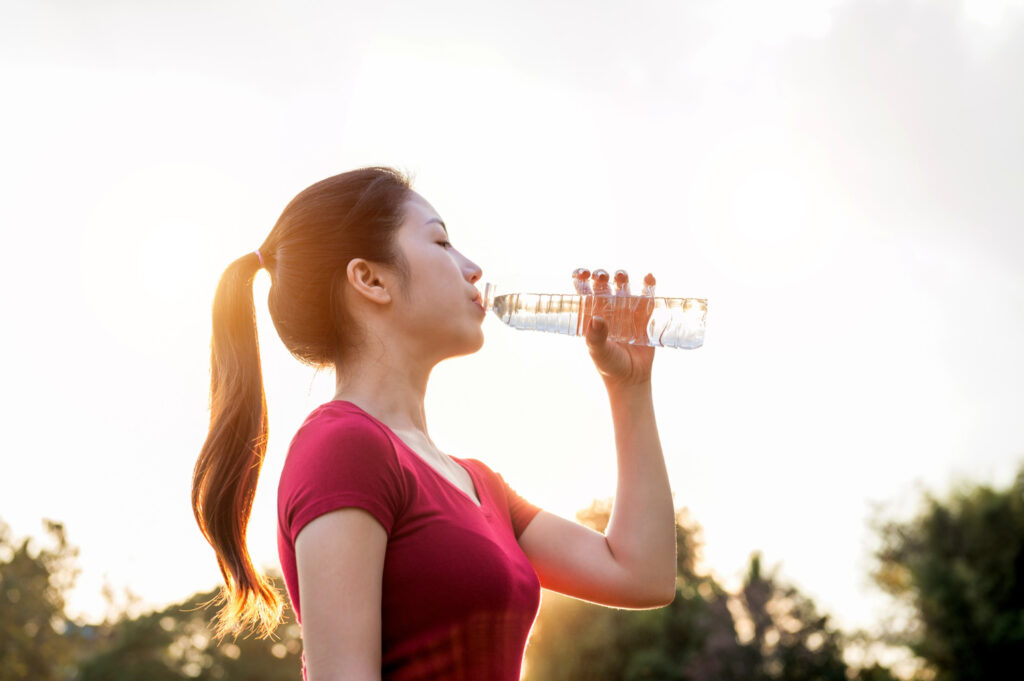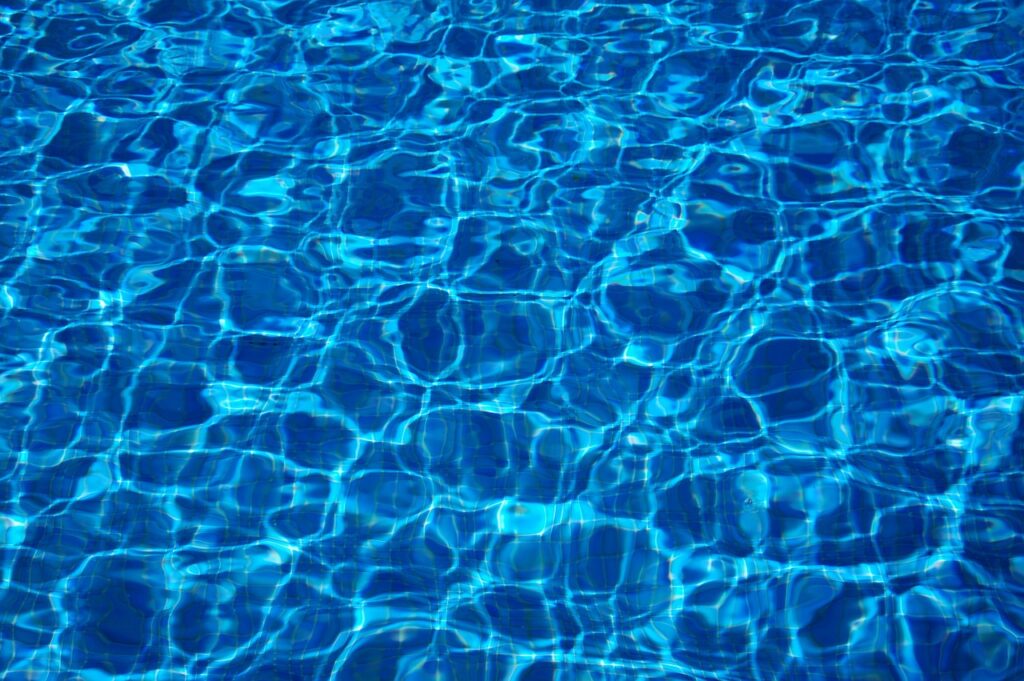Hey there, fellow health enthusiasts! Today, we’re delving into the critical topic of hydration, which we often take for granted but is absolutely necessary for our overall health. The process of maintaining adequate fluid levels in our bodies, primarily through drinking water, is referred to as hydration. Staying hydrated is more than just quenching our thirst; it also plays an important role in our bodily functions, such as regulating body temperature, nutrient transport, and even cognitive performance. So, let us embark on this journey to master the art of proper water consumption, ensuring we stay hydrated!
Table of Contents
The Science Behind Hydration
The Importance of Hydration
Before we get into the practical advice, let’s first understand why hydration is so important. Our bodies are made up of roughly 60% water, emphasising the importance of this life-sustaining liquid. Water aids in the maintenance of bodily fluid balance, allowing our cells to function optimally. Proper hydration aids digestion by allowing food to move smoothly through the digestive tract. It also promotes skin health by flushing out toxins and increasing elasticity.
The Link between Dehydration and Its Effects
On the other hand, failing to stay adequately hydrated can result in dehydration, a potentially fatal condition. Mild dehydration can cause fatigue, headaches, and cognitive impairment. Chronic dehydration is harmful to kidney health because it increases the risk of kidney stones. Furthermore, dehydration can impair physical performance and may even play a role in heat-related illnesses during hot weather or intense physical activity.
How Much Water Do You Really Need?
Individual Hydration Needs
The amount of water required by each individual varies depending on factors such as age, gender, weight, activity level, and climate. A common recommendation is to drink eight 8-ounce glasses of water per day, also known as the “8×8 rule.” However, it is critical to tailor your hydration requirements. Pay attention to your body and adjust your water consumption based on your thirst levels and lifestyle.
Hydration Levels and Daily Intake
Consider your hydration level and activity level when determining your ideal daily water intake. If you lead an active lifestyle, you will need to drink more water to replace the fluids lost through sweating. A rough estimate is half an ounce to one ounce of water per pound of body weight per day. A 150-pound person, for example, should drink 75 to 150 ounces of water per day. Remember that this is only a guideline, and that factors such as humidity and altitude can influence your needs.
Signs of Dehydration You Should Never Ignore
Common Signs of Dehydration
Recognising the symptoms of dehydration is critical to maintaining good health. Dark yellow urine, dry mouth, and extreme thirst are all common indicators. You may also feel dizzy, lightheaded, or have a rapid heart rate. Don’t ignore your body’s signals; they’re telling you it’s time to hydrate!
Dehydration Prevention and Early Intervention
It is far easier to avoid dehydration than it is to recover from it. Keep a water bottle nearby and sip from it throughout the day, even if you don’t feel thirsty. Take note of the colour of your urine; it should ideally be a pale yellow. Start rehydrating right away if you notice any signs of dehydration. For mild cases, drinking water and eating hydrating foods such as watermelon or cucumber may suffice. However, if symptoms persist or worsen, seek immediate medical attention.
It is critical for our overall health and well-being to stay hydrated. Water is necessary for many bodily functions, including temperature regulation, digestion, nutrient transport, and toxin removal. Many of us, however, struggle to maintain adequate hydration levels throughout the day. In this blog post, we’ll delve into the art of proper water consumption and look at effective strategies for staying hydrated and reaping the benefits of optimal hydration.
The Importance of Hydration

Water is essential to our overall well-being, playing an important role in maintaining body function, supporting digestion, regulating body temperature, and promoting healthy skin. It sounds simple, but there are right and wrong ways to drink water for maximum hydration and optimal health. In this blog post, we will delve into the art of water properly and share tips on how to make the most of this important resource.
Start your day with a glass of water:
Kickstart your hydration journey by drinking a glass of water as soon as you wake up. This practice not only helps rehydrate your body after a good night’s sleep, but also helps jump-start your metabolism, flush out toxins, and promote a healthy digestive system.
Sip all day long:
Aim to sip water consistently throughout the day rather than sipping large amounts at once. Carry a refillable water bottle with you to ensure you have easy access to water wherever you go. Gradual sips allow your body to absorb and use water efficiently without feeling overly full or bloated.
Listen to your body’s thirst cues:
Pay attention to your body’s thirst signals. Thirst is a natural indicator that your body needs hydration. Don’t ignore these cues and make it a habit to drink water whenever you feel thirsty. It’s important to note that thirst can sometimes be mistaken for hunger, so try hydrating yourself with a glass of water first before reaching for a snack.
Optimum hydration during meals:
Drinking water during meals can aid digestion and help you feel satisfied. However, avoid drinking excessive amounts of water during meals, as it can dilute digestive juices and interfere with digestion. Instead, focus on chewing your food thoroughly by taking small sips of water between bites.
Hydrate before, during and after exercise:
Physical activity increases fluid loss through sweating, making proper hydration before, during and after exercise very important. Drink a glass of water before your workout so you start off well hydrated. Sip water regularly during exercise, especially in hot and humid conditions. Next, replenish your fluid levels by drinking water to aid in recovery and rehydration.
Customize your hydration routine:
Everyone’s hydration needs vary based on body weight, activity level, climate, and overall health. Customize your hydration routine to meet your individual needs. As a general guideline, aim to drink at least 8 glasses (64 ounces) of water per day, but adjust this amount based on your specific needs.
Include hydration reminders and infusions:
Schedule reminders or use a hydration-tracking app to prompt you to drink water throughout the day, especially if you often forget. A splash of fruits, herbs or citrus juices can also enhance the drinking experience. This can add a fresh twist to your hydration routine, making it more enjoyable and tempting.
Conclusion
Drinking water is a simple yet powerful method that promotes overall health and wellness. By incorporating these tips into your daily routine, such as starting your day with water, sipping consistently, listening to your body’s thirst cues, optimizing hydration during meals, prioritizing hydration during exercise, customizing your routine, and enhancing your water drinking experience, You can master the art of using water properly. Stay hydrated, nourish your body, and reap the benefits of this life-giving elixir medicine. Cheers to your health!





